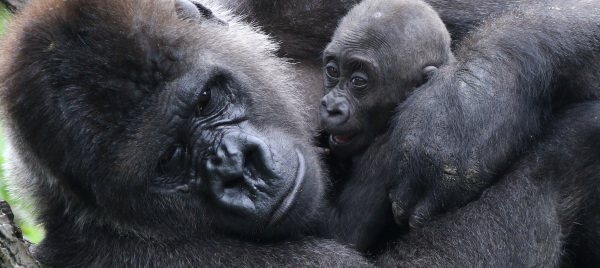PY437 - Evolutionary Psychology
This course explores the impact of natural selection on human and animal behavior. It begins with an overview of evolutionary processes and covers such topics as: emotion, morality, mate selection, learning, altruism, parent-offspring interaction, ownership and irrationality. The course focuses on primary reading from Darwin through contemporary scholarship in biology and psychology. Critiques of this approach are also discussed. (Not offered 2025-26).
Prerequisite: Psychology 205, 3 core courses in Psychology, or consent of instructor.
1 unit
Previously Featured Offering
Evolutionary Psychology investigates the impact of natural selection on human and animal behavior. It begins with an overview of evolutionary processes and covers such topics as emotion, morality, mate selection, learning, altruism, parent-offspring interaction, ownership and irrationality.

If we are indeed biological organisms then we, as a species, must have come under the influence of natural selection, not just in our biological, but also in our psychological makeup. Hence, evolutionary psychology provides an alternative explanatory framework for many traditional psychological phenomena; a framework that psychologists have generally neglected or ignored. In general, this course explores psychological phenomena from an evolutionary perspective and also provides a critique of that perspective using primary sources from the fields of biology and psychology. This is an upper-division course in the psychology major and assumes a basic knowledge of psychological methods and phenomena, thus the prerequisites. This course is based upon original research and theoretical analysis in psychological and biological phenomena and therefore much of our reading will be of primary texts.
Offerings
| Term | Block | Title | Instructor | Location | Student Limit/Available | Updated |
|---|---|---|---|---|---|---|
| Fall 2024 | Block 4 | Evolutionary Psychology | John Horner | Tutt Science Building 305 | 25 / 13 | 07/30/2025 |
Report an issue -
Last updated: 07/30/2025



